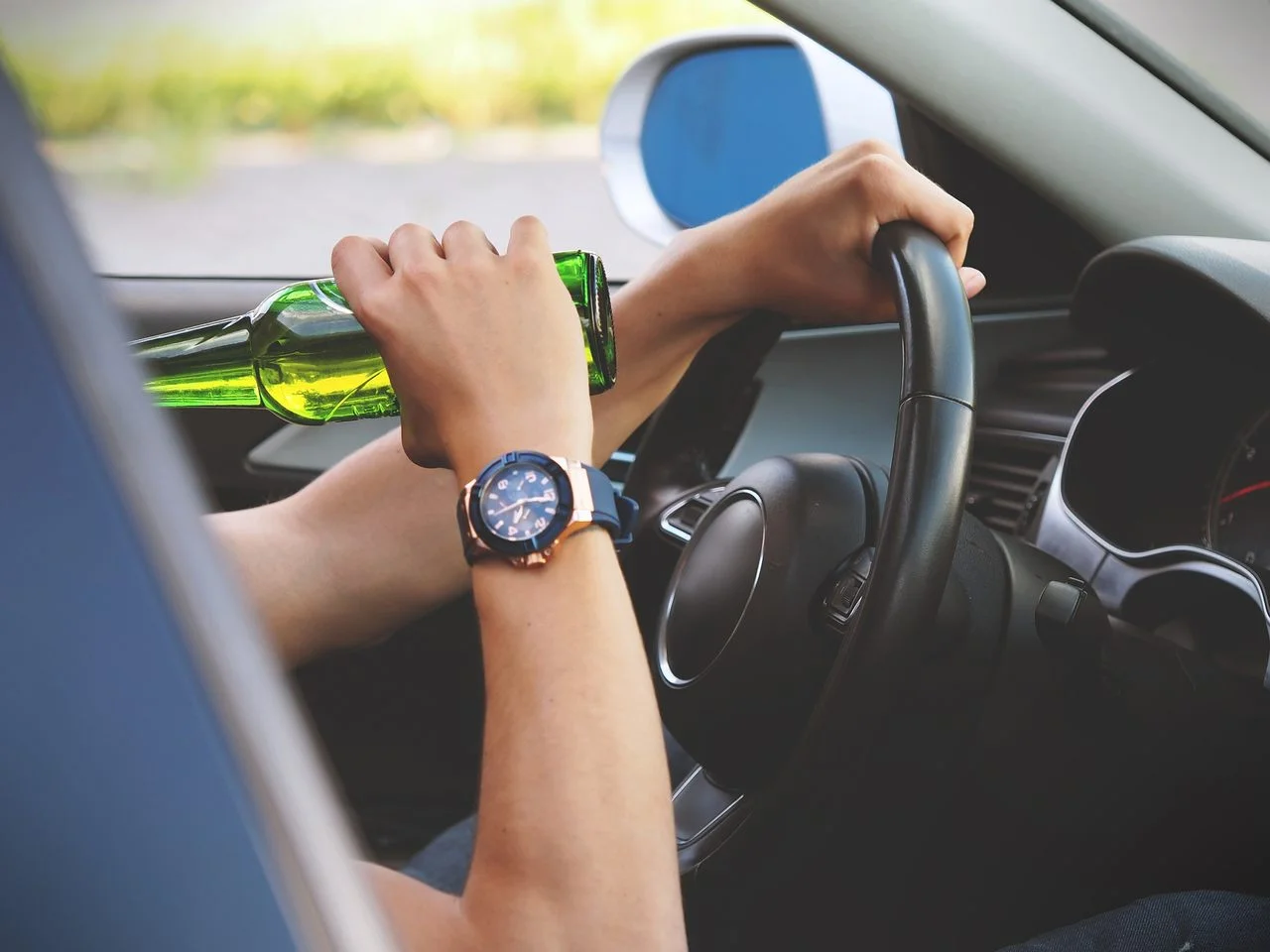The Impact of Alcohol Use on Alabama Personal Injury Claims

Alcohol use can significantly impact personal injury claims in Alabama, affecting both liability and compensation. Whether it’s a case of drunk driving, an accident occurring in a social setting, or alcohol-related misconduct, understanding how alcohol influences personal injury claims is crucial for navigating these complex legal scenarios. Here’s a detailed look at how alcohol use can affect your personal injury claim in Alabama.
Alcohol and Liability in Personal Injury Cases
- Driving Under the Influence (DUI): In cases involving motor vehicle accidents, alcohol consumption by one or more parties can establish liability. If a driver is found to be under the influence, they are generally considered negligent, and this can significantly impact the determination of fault in the accident.
- Premises Liability: When an injury occurs on a property where alcohol is being served, such as a bar or private event, the property owner may be held liable if they were negligent in managing the premises. This includes ensuring that patrons do not become excessively intoxicated or addressing unsafe conditions that arise due to alcohol consumption.
- Negligence and Recklessness: Alcohol use can contribute to behaviors that are deemed reckless or negligent. In personal injury cases, establishing that alcohol use played a role in the negligence can strengthen the claim against the responsible party.
Effects of Alcohol on Personal Injury Claims
- Impact on Liability: If alcohol is involved in the accident, the courts will consider it as a factor in determining liability. For instance, if a drunk driver causes a collision, their intoxication will likely be a primary factor in assigning fault. Conversely, if you were under the influence at the time of the accident, it may affect your claim, particularly in a comparative fault context.
- Contribution to Damages: In Alabama, where contributory negligence applies, if you are found to be partially at fault due to alcohol use, it could bar you from recovering damages. Even a small degree of fault can impact your ability to obtain compensation.
- Insurance Implications: Insurance companies may scrutinize alcohol use closely when determining coverage and liability. They may use evidence of alcohol consumption to argue that the injured party or other involved parties were at fault.
Addressing Alcohol-Related Issues in Personal Injury Claims
- Document the Incident: If alcohol use is involved in your injury case, gather all relevant evidence. This includes any documentation of the other party’s intoxication, such as police reports, breathalyzer results, or witness statements.
- Seek Medical Attention: Obtain prompt medical treatment and document your injuries thoroughly. Medical records can provide evidence of the severity of your injuries and support your claim for damages.
- Consult an Attorney: Given the complexities of alcohol-related claims, consulting with an experienced personal injury attorney is crucial. They can help you navigate the legal challenges, gather evidence, and present a strong case, particularly if alcohol consumption may affect your claim.
Legal Considerations
- Proof of Intoxication: To hold someone liable for injuries related to alcohol consumption, you must provide evidence that demonstrates their intoxication was a contributing factor to the accident. This may include police reports, field sobriety tests, or witness accounts.
- Contributory Negligence: If you were partially at fault due to alcohol use, the contributory negligence rule in Alabama could bar you from recovering damages. Your attorney can help assess how this might affect your case and explore potential avenues for compensation.
- Settlement Negotiations: Insurance companies may use alcohol-related issues to reduce their liability or deny claims. Negotiating a settlement with an attorney can help ensure that you receive fair compensation despite the complexities introduced by alcohol use.
Conclusion
Alcohol consumption can significantly impact personal injury claims in Alabama, influencing both liability and compensation. Understanding how alcohol affects your case is essential for navigating the legal process and seeking appropriate compensation. By documenting the incident thoroughly, seeking medical attention, and working with a skilled personal injury attorney, you can address the challenges posed by alcohol-related issues and pursue a fair resolution to your personal injury claim.